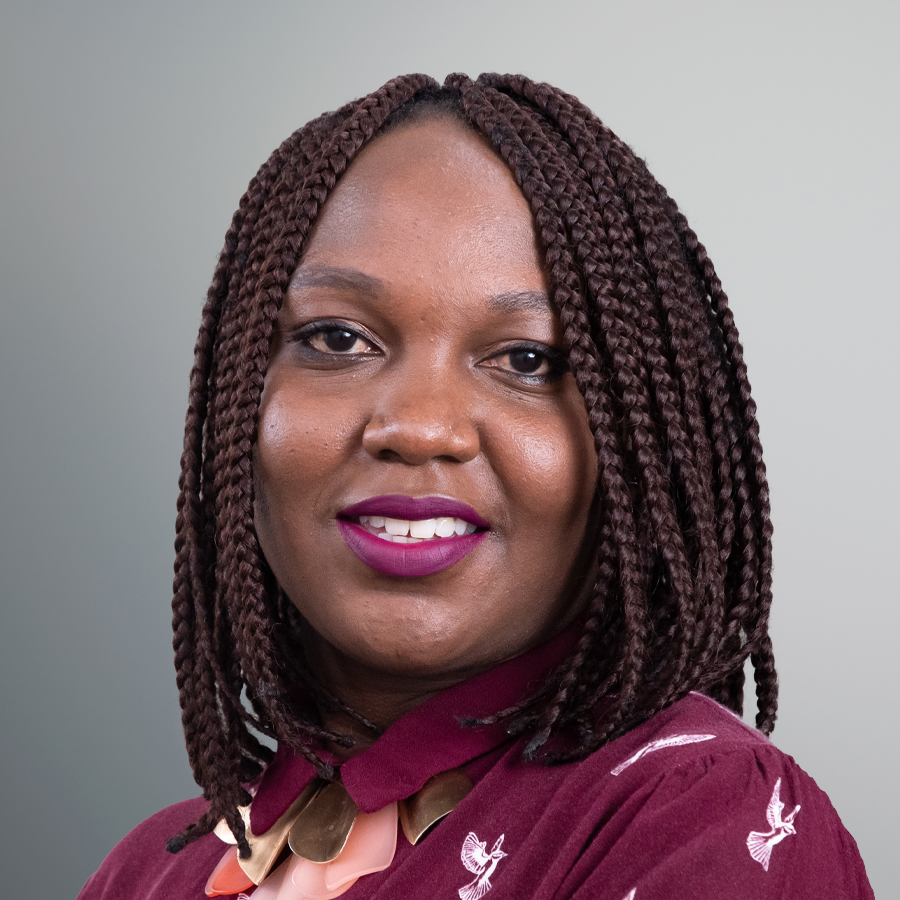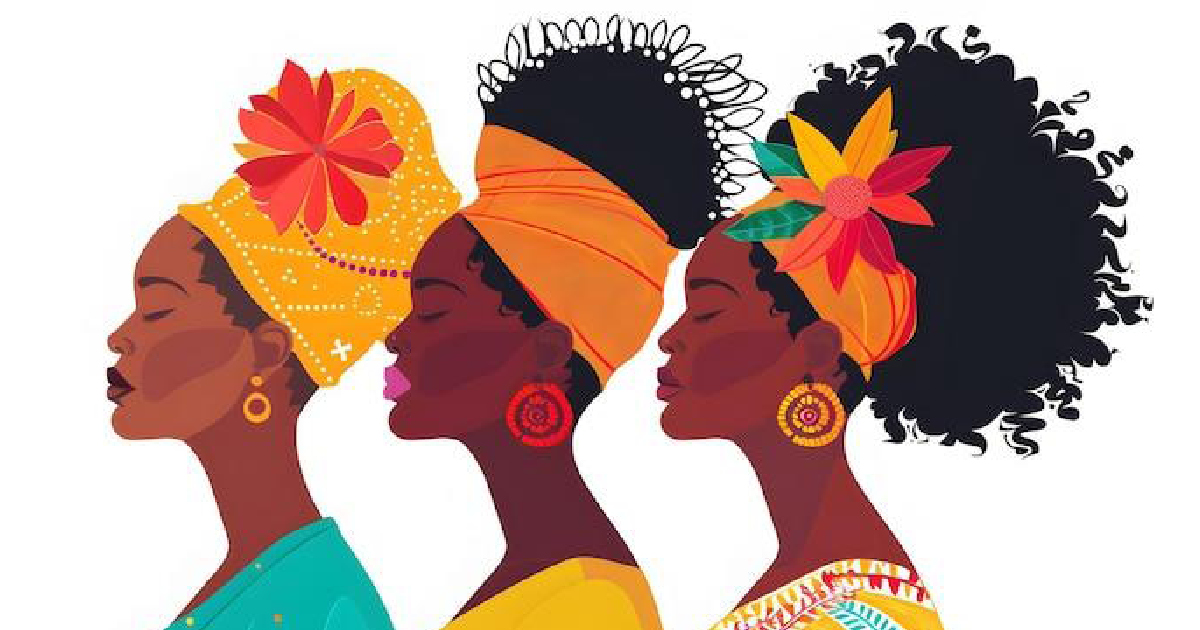The Centre for Human Rights, Faculty of Law, University of Pretoria, cordially invites you to a panel discussion on the Opportunities and Pitfalls for Access to Justice for Women under the AU “2025 year of justice for Africans and Peoples of African Descent through reparations” which will take place on 28 May 2025 from 11:00 to 12:30.
Event Details
Date: 28 May 2025
Time: 11:00 -12:30
Venue: Online (Zoom)
Background
In December 2013, the UN General Assembly proclaimed 2015 to 2024 as the International Decade for People of African Descent, with the theme “People of African Descent: Recognition, Justice, and Development.” The African Union (AU) 2025 theme focuses on addressing historical injustices, including slavery and colonialism, through a variety of reparations mechanisms. Building on already existing initiatives, the AU seeks to address the lasting impact of slavery, colonialism and neo-colonialism on African nations and communities. Considerations of appropriate reparations in a variety of forms is central to the issues under consideration under this theme. Within this broader discourse on reparations is the call for the consideration of the manner in which women have experienced harms and violations as a consequence of systematic discrimination on the basis of gender and race. These violations are a result of the successful entrenchment of patriarchal systems flowing from slavery and colonialism within the colonised states. The manner in which to adequately address the restitution needs of women should be considered as distinct from the collective reparations for the communities at large.
Whataboutism in discussions on gendering reparations
‘Whataboutism functions rhetorically to redirect attention from the specific case in hand, oftentimes to an, arguably, similar case or towards an opponent’. Whataboutism is a tactic often used by the movement to undermine women’s rights. In this context, the case at hand is the need for a gendered approach to reparations owing to the intersecting discrimination entrenched by colonialism and slavery that has had a compounding impact on women. To redirect discussants from this issue, the attention is often drawn to the fact that colonisation and slavery similarly dehumanised and invisibilised African men and men of African descent. In the form of remarks or questions at events convened to consider the need for a gendered approach to reparations, the argument presented is that the systematic nature of discrimination under colonialism and slavery affected men and women in equal measure. Why then should women be singled out for special consideration?
In developing strategies to support women’s rights organisations and other stakeholders advancing the case for a gender-sensitive approach to reparations, this panel will reflect on arguments appropriate to counter this recurring resistance.
Objectives
- Elaborate on instances of violations on women’s bodies that demonstrates historical and ongoing harms to women that is not the case with respect to men.
- Illustrate the need for and opportunities to present a gendered approach to the question of reparations for Africans and Peoples of African descent in engaging with the AU, the UN and former colonial powers.
- Disseminate key findings of the Report and highlight the gaps in the approach of international treaty monitoring mechanisms addressing the intersecting discrimination of African women and women of African descent.
Panelists
- Prof Fareda Banda, Faculty Member of SOAS University of London
- Prof Annika Rudman, Faculty Member of Karlstad University
- Dr Satang Nabaneh, Faculty Member of University of Dayton Human Rights Centre (Affiliated Centre for Human Rights, University of Pretoria)
- Ms Gaynel Curry, Faculty Member at the University of The Bahamas and a member of the Permanent Forum on People of African descent
Moderator
- Dr Brenda Akia, Vice Chair & Rapporteur, UN-CEDAW Committee
For more information, pleaase contact:

Tel: +27 (0) 12 420 4306
matilda.lasseko-phooko@up.ac.za


